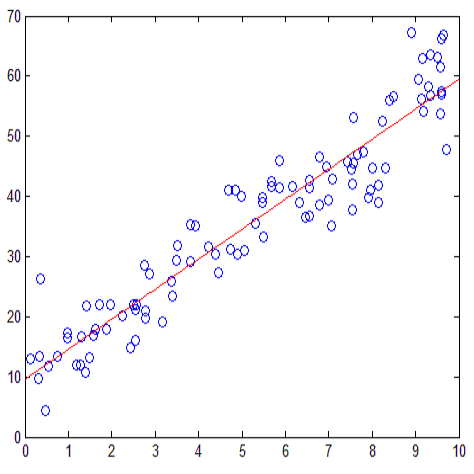Law enforcement must prioritize sources of unfairness before mitigating their underlying unfairness, considering that they have limited resources. Unlike previous works that only make cautionary claims of discrimination and de-biases data after its generation, this paper attempts to prioritize unfair sources before mitigating their unfairness in the real-world. We assume that a causal bayesian network, representative of the data generation procedure, along with the sensitive nodes, that result in unfairness, are given. We quantify Edge Flow, which is the belief flowing along an edge by attenuating the indirect path influences, and use it to quantify Edge Unfairness. We prove that cumulative unfairness is non-existent in any decision, like judicial bail, towards any sensitive groups, like race, when the edge unfairness is absent, given an error-free linear model of conditional probability. We then measure the potential to mitigate the cumulative unfairness when edge unfairness is decreased. Based on these measures, we propose an unfair edge prioritization algorithm that prioritizes the unfair edges and a discrimination removal procedure that de-biases the generated data distribution. The experimental section validates the specifications used for quantifying the above measures.
翻译:执法必须优先处理不公平的根源,然后才能减轻其内在的不公平,考虑到它们资源有限。 与以往只对歧视提出警告性索赔和在产生后不偏袒数据的工作不同,本文件试图在减轻现实世界中的不公平之前优先处理不公平来源,在减轻其不公平之前,本文试图优先处理不公平来源; 我们假定,会有一个因果的海湾网络,代表数据生成程序,以及导致不公平的敏感节点; 我们用数量化的 " Edge Flow ", 即通过减轻间接路径影响而沿着边缘传播的信念,并利用它量化 " Edge 不公平 " 。 我们证明,任何决定,如司法保释,在没有边缘不公平的情况下,如种族,不存在累积的不公平,对任何敏感群体来说都是没有的。 有条件的线性模型是没有错误的。 然后我们衡量在边缘不公平减少时减少累积的不公的可能性。 根据这些措施,我们提出一种不公平的边缘分级算法,优先处理不公平的边缘和取消歧视的分级程序,这种分辨产生数据分布。 试验部分证实了用于量化上述措施的规格。



